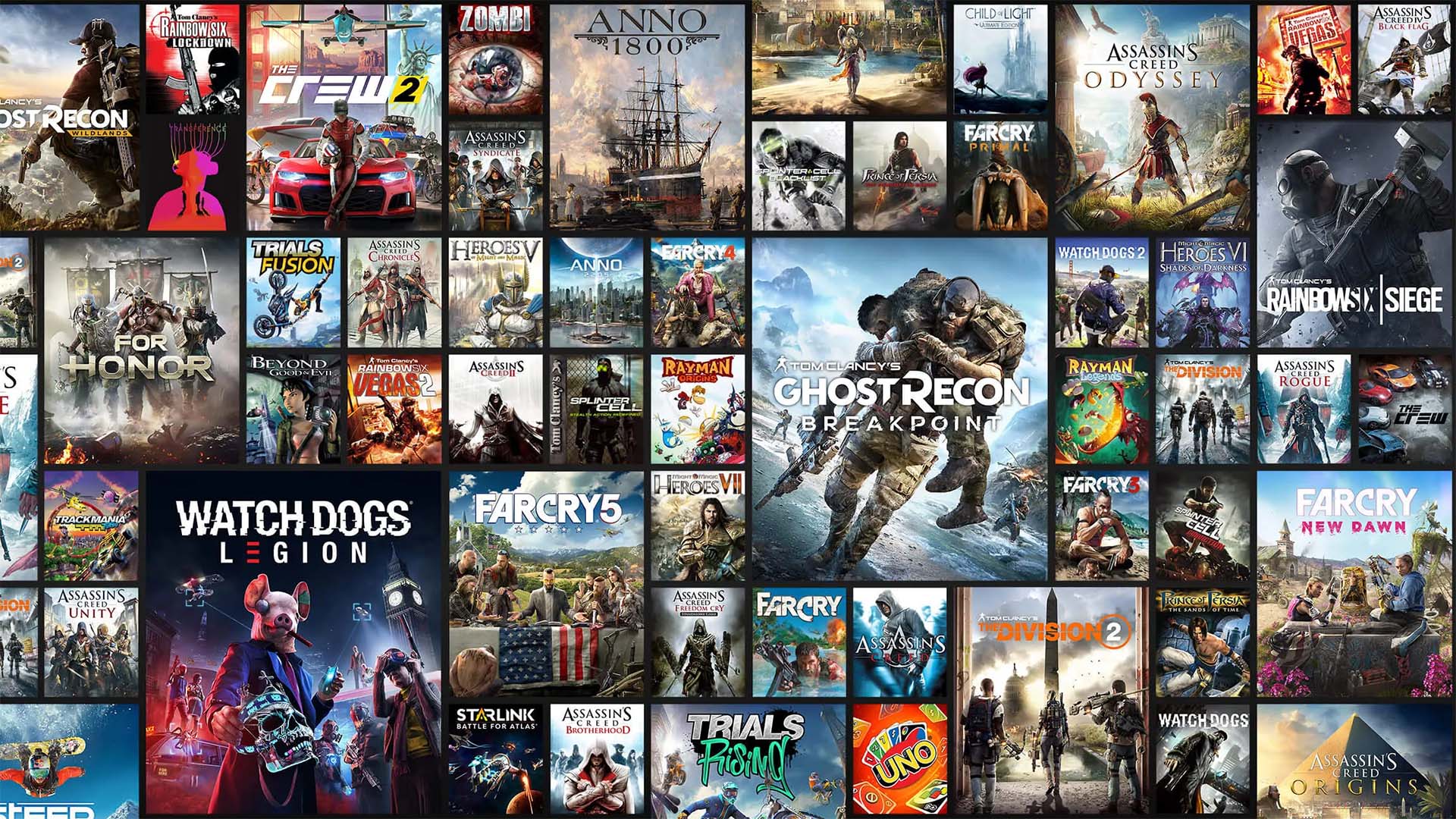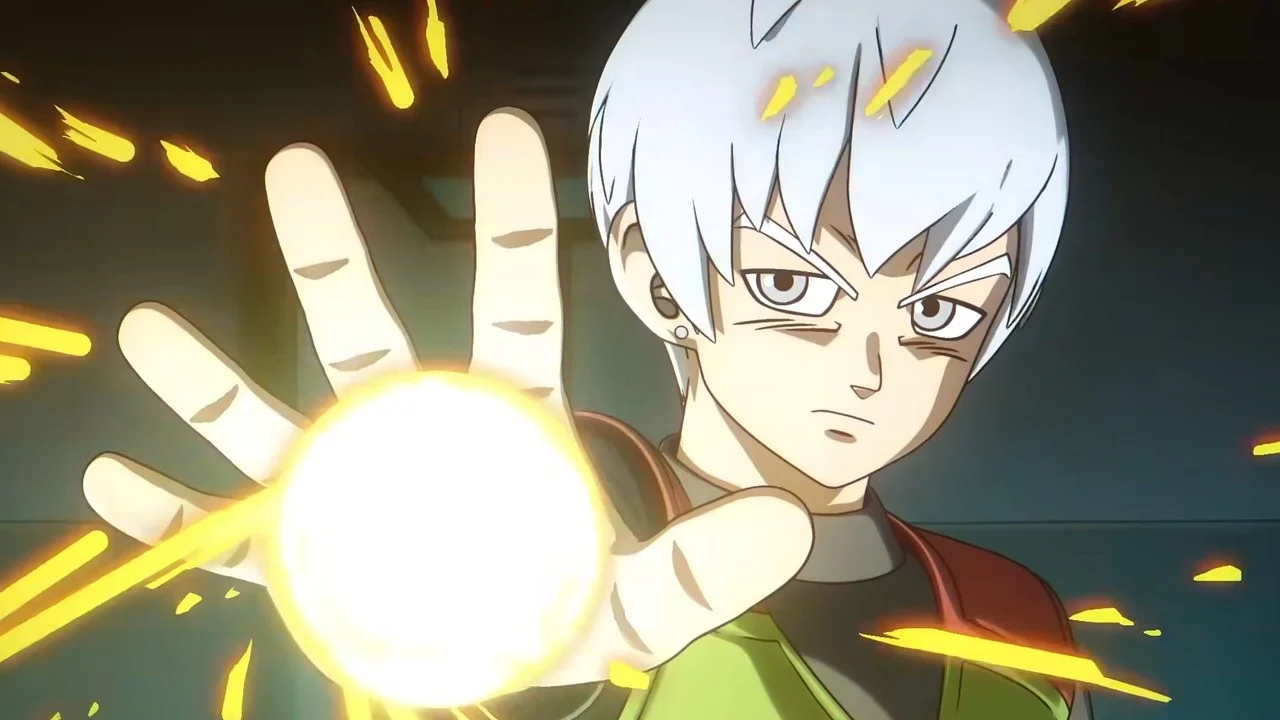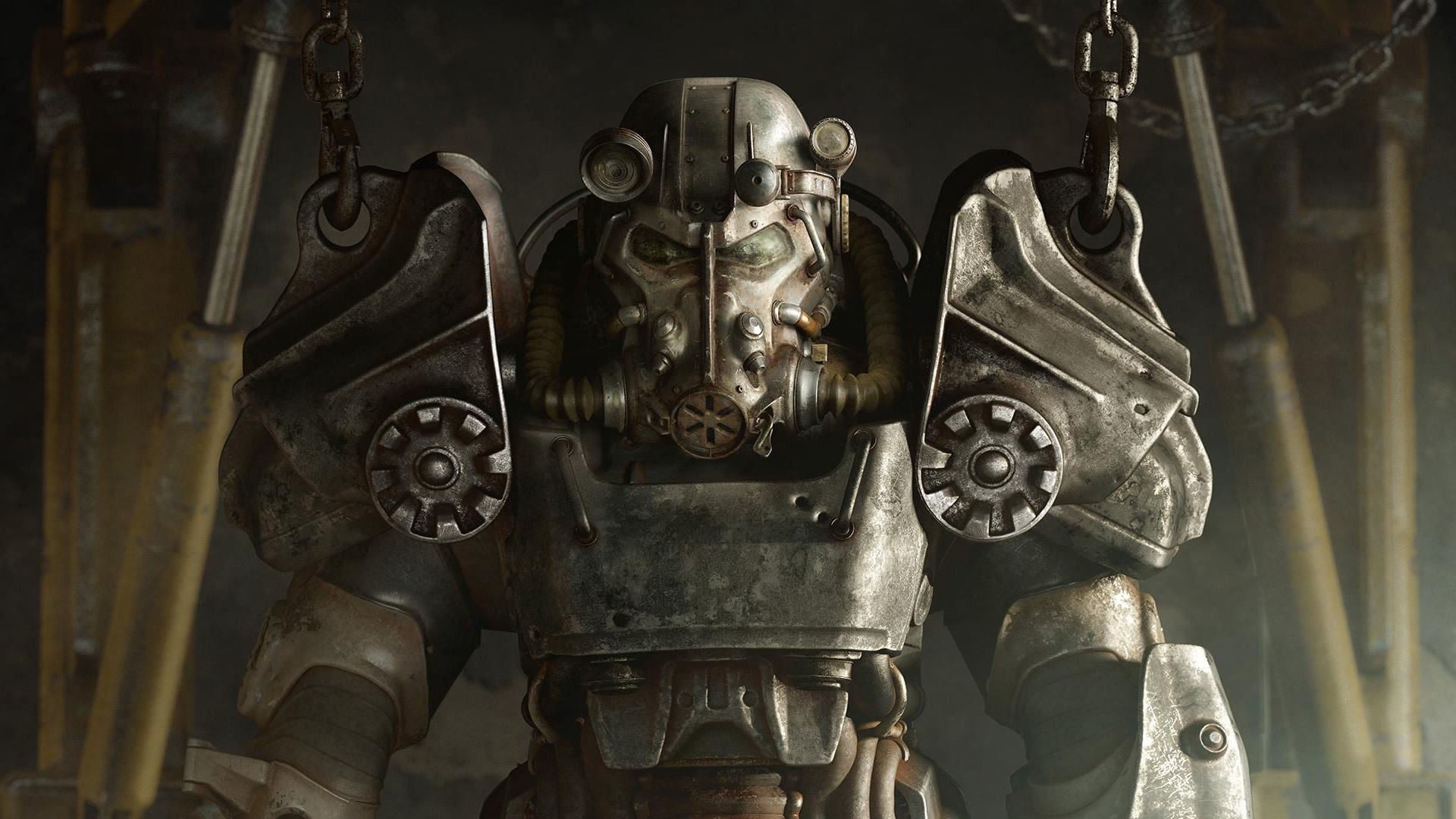For the CEO of Ubisoft, the failures of some of its games are orchestrated by hate campaigns.
More stories in the category News
- Dragon Ball Age 1000 would actually be Xenoverse 3 after a Bandai Namco slip-up
- Microsoft confirms that the development of the new Xbox is “very advanced
- Fallout 4 returns to the top of sales in 2026: ten years later it remains among the best-selling, review of its lasting impact
| Don't miss anything and follow us on Google News! |
Ubisoft is not having its best moment in terms of public perception. In recent years, the French publisher has released several high-profile projects that have not quite connected with the audience, and the debate surrounding some of its games has intensified, especially on social media. The most recent case has been Assassin’s Creed Shadows, with criticism centered on the choice of its protagonist, Yasuke.
However, according to Ubisoft’s CEO, Yves Guillemot, these setbacks are not always related to the quality of their games. In a recent presentation to investors, the executive defended that some of the recent failures are due to what he called “organized hate campaigns”, launched to discredit certain products or decisions made by the studio.
Ubisoft, under fire from online criticism
During his speech, Guillemot acknowledged that Ubisoft is “exposed to the risk of its reputation being damaged by online attacks, sometimes massive and virulent, along with organized hate campaigns against its products, teams, or public statements.” The CEO pointed out that this type of attack often occurs when technical errors or perceived controversial statements arise, generating a snowball effect that fuels rejection.
This stance comes at a particularly delicate time for the company, following the lukewarm launch of Avatar: Frontiers of Pandora and the mixed reception of Star Wars Outlaws in its early presentations. Despite the technical and licensing efforts, enthusiasm for their AAA games has been dwindling, and Ubisoft seems to be struggling to regain the trust of a part of its audience.
Only time will tell if Guillemot’s words will be proven right or if the next titles will manage to reverse this trend. In any case, it is clear that public perception and online conversation have become an increasingly determining factor for the success of a blockbuster game.






